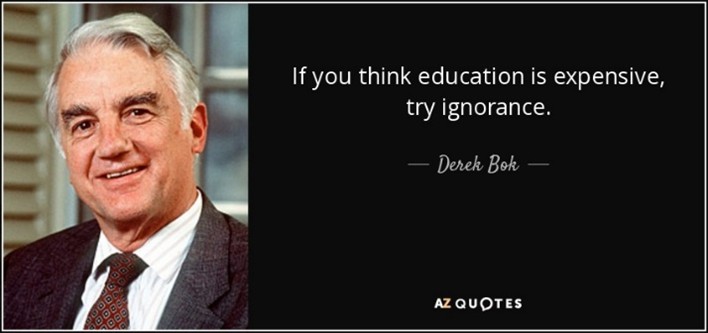Contemporary University Studies
University-Society Relations
Under the Trump Administration 2.0, the conflict with Harvard University and other Ivy League schools has become even more pronounced. At Harvard and Columbia University, anti-Israel speech, anti-Semitism, and anti-movements that could be perceived as Israeli, have intensified in the wake of the fall 2023 Middle East conflict (Israeli invasion of Gaza), causing serious division and confusion in American society. Following congressional hearings, several presidents of Ivy League universities have been forced to resign.
President Trump has openly pressured some universities as “extraterritorialized institutions,” viewing them as bastions of overly liberal ideology and DEI (diversity, equity, and inclusion) policies. What these developments indicate is that the autonomy and social responsibility of universities is now being called into question.
I would like to take this opportunity to return to the fundamental question of what a modern university is. Below I would like to share with you a statement by a U.S. university president on the role of universities that I myself was once deeply impressed by.
The Role of Universities (President Bok’s question on “restructuring university autonomy”)

Derek Bok served as president of Harvard University for 20 years, and when the university faced turmoil in the 2000s, he was appointed president again, and as a political scientist has continued to question the nature of the university from multiple perspectives. At the 1990 winter meeting of the Business-Higher Education Forum (BHEF) in the USA, in which I also participated, President Bok expressed his view that ‘industry and universities are members of society and need to work together in their respective roles to contribute to society’, He stressed the importance of industry-university cooperation.
Particularly memorable were his following words.
“I think any self-respecting educational institution ought to judge its policies by its best estimate of what their long-term consequences for their students and for the society will be.”
He casts a pall over the traditional view of universities as “closed sanctuaries”. ‘Universities have an obligation to fulfil their responsibility to society as they benefit from it’. This is a challenge to the traditional view of universities as “closed sanctuaries”.
It presents a very modern and practical vision of the university as a responsible member of society, which should act not merely as a place for imparting knowledge, but should also look at the long-term impact of its educational policies and activities on students and society.

-300x169.jpg)
